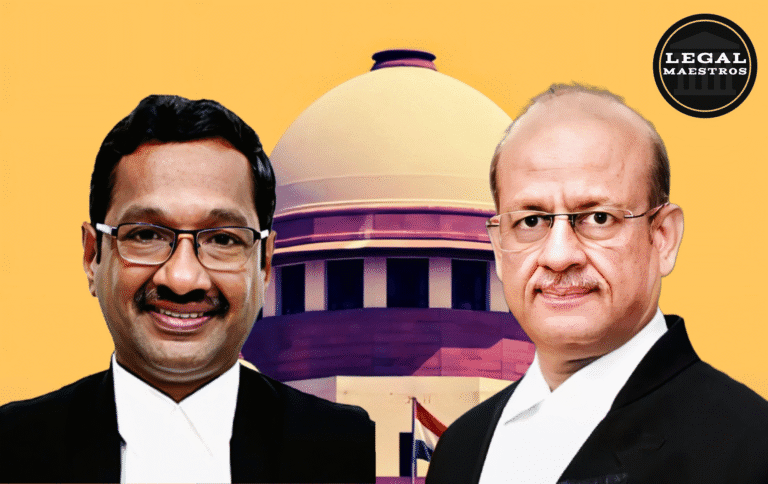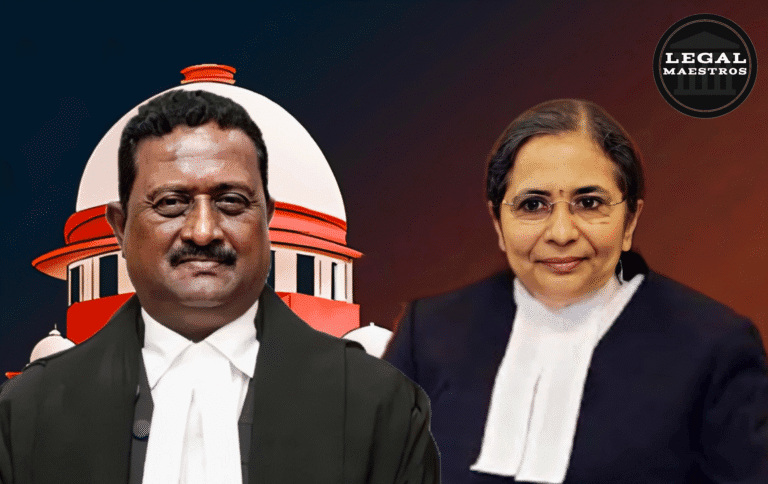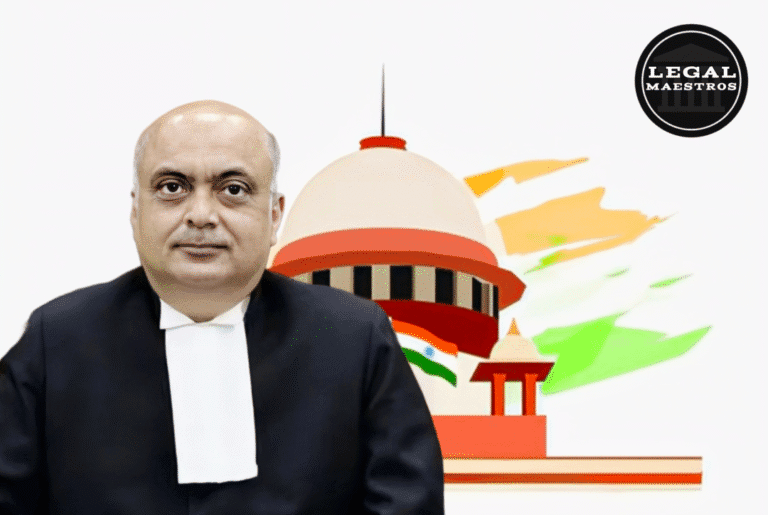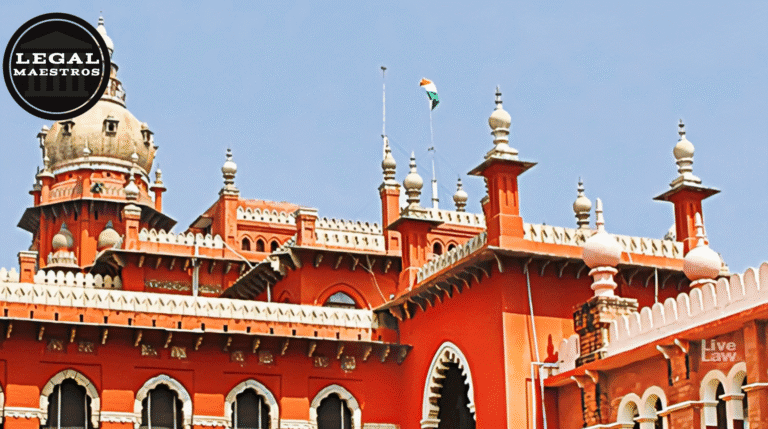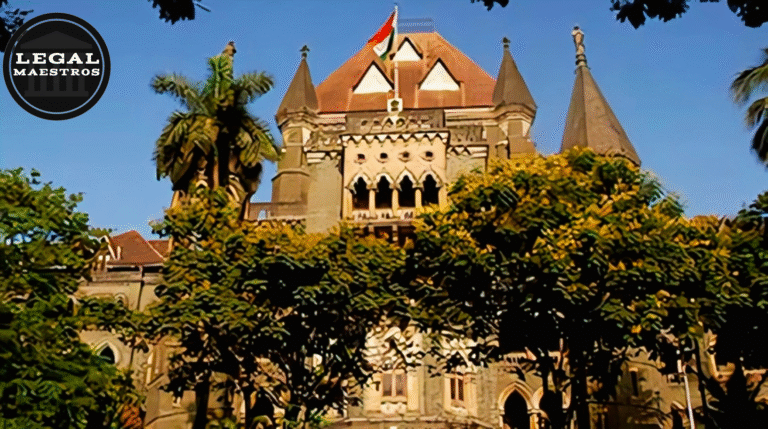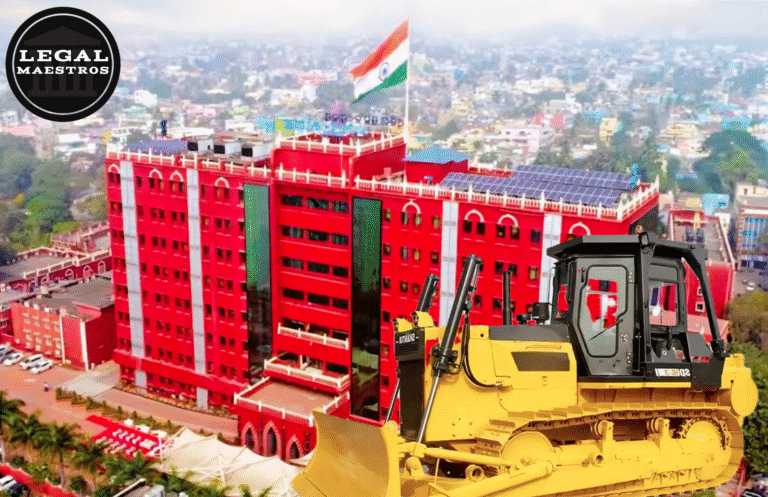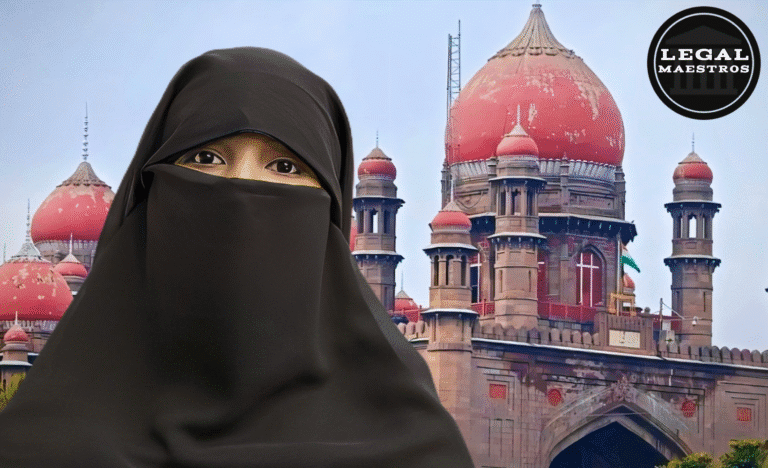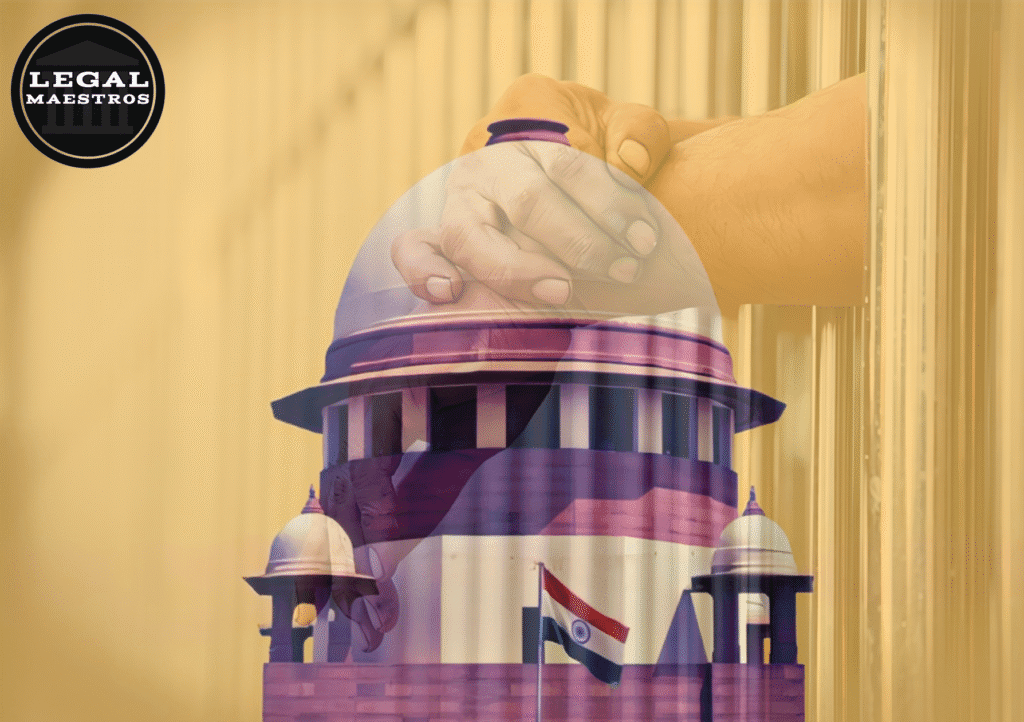
Case Background & History
The Supreme Court of India recently solved a burning question which touched on the issue of a person namely Aftab being arbitrarily detained despite having a valid order of release against him. This is a case that was considered in Florida Miscellaneous Application No. 1086/2025 in Criminal Appeal No. 2295/2025, and it raises profound issues about executing orders in courts and the sanctity of the liberty of an individual. In the case of the court presided over by Hon. Homble Mr Justice K.V. Viswanathan and Hon.
Homble Mr Justice Nongmeikapam Kotiswar Singh, in the case carefully went through the reasons why the petitioner was being detained beyond the expected time and passed a strong order indicating the sanctity of the freedom of an individual as provided in the constitution. The court processes that happened on June 25, 2025, were a form of much-needed intervention to right a criminal wrong and create a framework that in the future would be abided by by prison officials and other authorities.”
About the facts
The gist of the case was the contention over the long-awaited release of Aftab, the applicant/petitioner, from jail. The Additional District and Sessions Judge, Ghaziabad, Uttar Pradesh, passed an order for his release on May 27, 2025. Yet Aftab was not free till June 24, 2025 which is close to a month later than when the first order of release was issued.
For More Updates & Regular Notes Join Our Whats App Group (https://chat.whatsapp.com/DkucckgAEJbCtXwXr2yIt0) and Telegram Group ( https://t.me/legalmaestroeducators ) contact@legalmaestros.com.
The State of Uttar Pradesh through Ms. Garima Prasad, learning Additional Advocate General has asserted that a delay arose out of a minuscule omission in the release order, viz: sub-section (1) of Section 5, was not specifically mentioned although Section 5 has been mentioned. Thereafter, the judge had moved a correction application on May 28, 2025, which was left undisposed of resulting in the further imprisonment of Aftab.
In the hearing, the Supreme Court specifically asked whether the release order had all the details that were required including name of the detainee, name of the father, name of a crime, PS, names of the Sections regarding IPC (Section 366) and UP and prohibition of unlawful conversion of religion (Sections 3 and 5).
The Additional Advocate General stated that all the vital details were actually there but the mere issue was that the release was not effected because of the application of the pending modification to include subsection (1) in Section 5. It was this admission that became the foundation of strong remarks on the part of the Court on the arbitrary delay as well as the unnecessary claim of technicalities.
Quick Summary and the Court’s Observations
The Supreme Court voiced the deep suffering of the petitioner in the length of his torturous unjust custody and without any doubt, the delay was caused by a mere non-issue. The Court pointed out that because of this minor technicality Aftab had lost his liberty in full amount to a minimum of 28 days.
This has clearly captured a central problem; that is the unnecessary focus on hyper-technicalities by the authorities, which usually supersede the substantive intention of judicial orders and much more dangerously, which violates the most basic right of an individual; that of liberty.
The Court raised its reference to a decision of the Division Bench of 12-9-2012 in Criminal Appeal No. 4072 of 2005 of the High Court of Judicature at Allahabad dated September 12, 2012.
As opposed to the view of the Additional Advocate General, the Supreme Court added that in reality this Allahabad High Court decision meant that so long as there was reasonable mention of the concerned case or ST number in which bail has been granted courts must not insist on including many other details of the cases before releasing prisoners in terms of bail.
The Allahabad High Court stressed that through reference to the case and the ST number other details could be identified by the Subordinate Courts through their own records. This line of logic was pushed further by the Supreme Court which wondered why this law should be restricted to only the Judicial system.
Moreover, the Supreme Court did remind us of the pain that the Allahabad High Court experienced in the past when it came to correction application filings because some Subordinate Courts insisted on the complete description of offenses, crime numbers, and the sections of the Penal Code in granting bail orders, which led to rejection of bail bonds. What this Court had stated was only sufficient reference to the case and ST number, which was reinforced by the Supreme Court.
This historical background added more weight behind the exasperation by the supreme court with the predicament of the present state of affairs indicating a recurrent issue in the justice delivery system that focuses more on the form rather than its substance.
The rules and standards adopted
The Supreme Court’s order is the strong enforcement of Article 21 of the Constitution of India which is the right to life and personal liberty. The Court reminded them that liberty is a very valuable and precious right and cannot be sold out at the shrine of technicalities. This harsh assertion is a vivid guideline to all powers that the intricacies of procedure must never avail themselves as a bait to deny and or procrastinate the freedom of an individual.
The order by the Court of inquiry into the delay and the provisional award of a monetary compensation of Rs. 5,00,000/- to the applicant to be paid by the State of Uttar Pradesh is a commendable decision by the Court of its intention to hold the responsible persons responsible and provide immediate relief from the violation of fundamental rights.
It is important to note that this compensation although tentative compensates is an important step in averting the suffering experienced by the applicant and shows the sense of duty of the State in safeguarding individual freedom.
The Court further added that it would after perusing the inquiry report and finding final compensation, rule on whether part of the compensation would be recoverable by the officers declared responsible. This is an aspect that focuses on the spirit of personal responsibility for lapses of duty.
The Supreme Court also requested the Principal District and Sessions Judge, Ghaziabad, Uttar Pradesh, to conduct an inquiry into why the applicant was not released earlier out of prison and why he was detained even after May 27, 2025. This self-help investigation would help to determine whether that reason (non-mentioning subsection (1) of Section 5) was the real reason or was there more to it (something sinister) behind the delay?
It will also be inquired whether there was gross negligence on the part of the Prison Authorities or any other officials. This shows the devotion of the Court to transparency and to finding systemic defects or deliberate wrongdoing.
Futuristic oversight and responsibility
It was an important feature of the order passed by the Court that Mr. P.C. Meena, Director General (Prisons) presented by video conferencing assured that he would educate his officers on the need to abide by court orders and on freedom of person as guaranteed under Article 21.
The Director General (Prisons) further submitted that they would take such efforts as are necessary to inform officers that the substance of what the Court has ordered must be put foremost and one should not be out to seek irrelevant or trivial mistakes in order to deprive liberty. This determination to reform itself in the prison administration will prove important in preventing future occurrences of such incidents.
In addition, it was revealed by the Director General (Prisons) to the Court that an inquiry had been established to determine the responsibility of any officer/employee who would be found guilty. But then, to stave off favoritism and investigation, the Supreme Court ordered that this investigation should be carried out by a Principal District and Sessions Judge.
The step points towards the balancing role played by the judiciary in supervising the executive and making sure that internal investigations remain more than just empty exercises. The Court also has hope that it is not the case with any other convict or undertrial who is suffering in jail because of the same technical reasons and asked the Director General (Prisons) to also have an inquiry into this aspect as well.
The one given by the Supreme Court in the case of Aftab is a landmark judgment because it emphasizes the very basic issue of personal liberty and the fast and uncompromised execution of court orders. As it would come out strongly, minor technicalities should never be considered as a pretext to deny one his or her freedom where the fundamental details of identification and reference in the case are present.
The case points out the active role of the judiciary in protecting constitutional rights, keeping authorities on their toes and making sure justice is not only administered, but is also seen to be an ongoing process. The adjudication of monetary compensation and the order of an independent inquiry connote the fact that the Court is committed at all times to promoting the rule of law and safeguarding the sacred right to liberty of every citizen.
